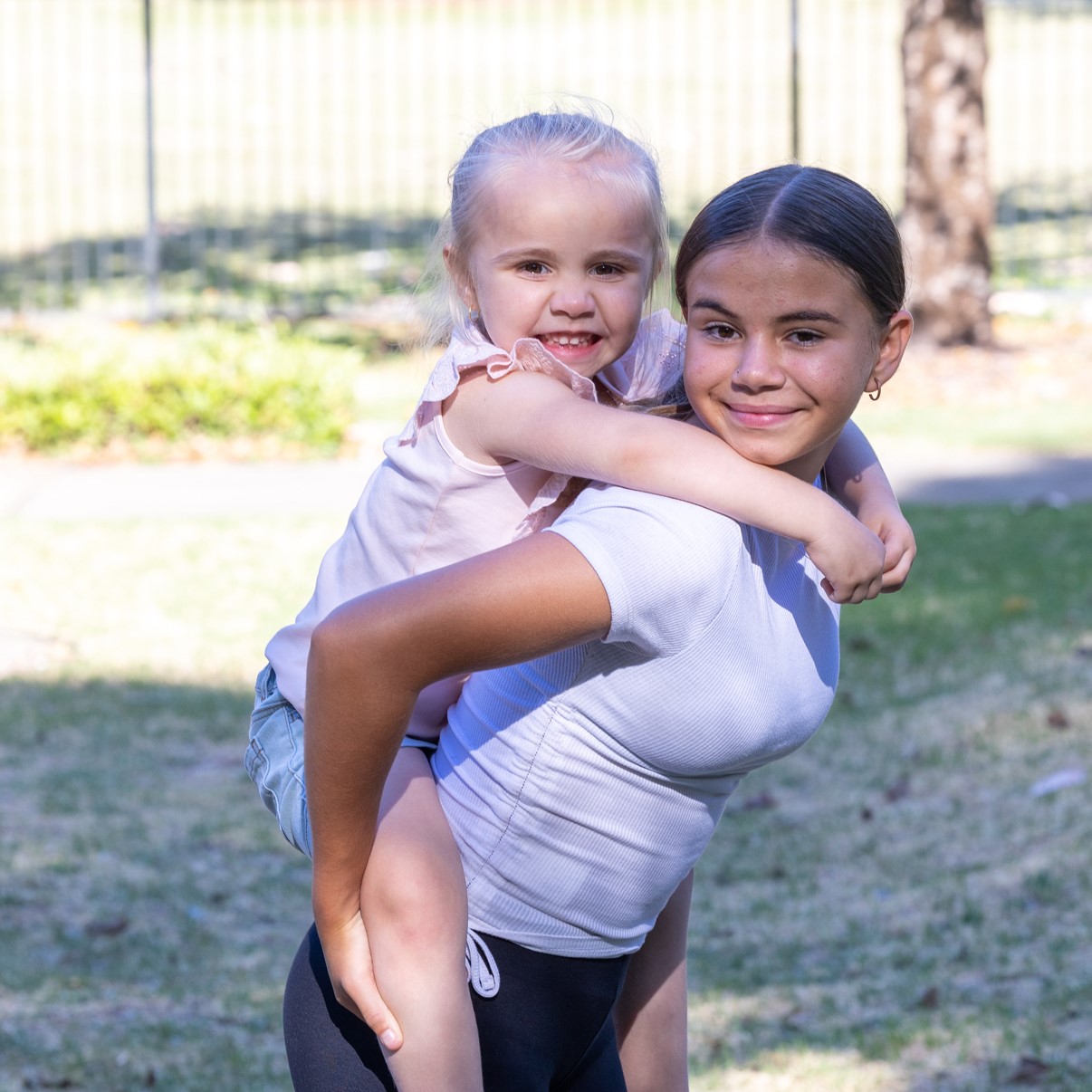Search
Showing results for "Au"
Research
Developing and characterising juvenile models of aggressive paediatric brain cancers for the evaluation of novel immunotherapies.While profound treatment responses have been realised using immunotherapy for some cancer types, this is yet to be seen for paediatric brain cancer patients.

The Indigenous Genomics Group aims to build Indigenous leadership in genomic and data sciences, precision health, and ethics to improve health equity and the wellbeing of Indigenous people, families and communities.

The Wal-yan Respiratory Research Centre is made up of multi-disciplinary teams that are committed to improving the lives of children and their families living with respiratory disease.
Research
Associations Between Hyperphagia, Symptoms of Sleep Breathing Disorder, Behaviour Difficulties and Caregiver Well-Being in Prader-Willi Syndrome: A Preliminary StudyPrader-Willi syndrome (PWS) is a rare genetic disorder characterised by neurodevelopmental delays, hyperphagia, difficulties with social communication and challenging behaviours. Individuals require intensive supervision from caregivers which may negatively affect caregiver quality of life. This study used data collected in the Australasian PWS Registry to evaluate associations between child behaviours and caregiver mental well-being.
Research
Children's neighbourhood physical environment and early development: an individual child level linked data studyThe neighbourhood physical environment has a weak but significant association with early childhood development
Research
Pediatric Burn Survivors Have Long-Term Immune Dysfunction With Diminished Vaccine ResponseEpidemiological studies have demonstrated that survivors of acute burn trauma are at long-term increased risk of developing a range of morbidities. The mechanisms underlying this increased risk remain unknown. This study aimed to determine whether burn injury leads to sustained immune dysfunction that may underpin long-term morbidity. Plasma and peripheral blood mononuclear cells were collected from 36 pediatric burn survivors >3 years after a non-severe burn injury (<10% total body surface area) and from age/sex-matched non-injured controls.
Research
Prevalence and risk factors for parent-reported recurrent otitis media during early childhoodThe objective was to describe the prevalence and risk factors of recurrent otitis media (rOM) in an urban Australian population at 3 years of age.
Research
Vitamin D status and predictors of serum 25-hydroxyvitamin D concentrations in Western Australian adolescentsUsing prospective data from the Western Australian Pregnancy Cohort (Raine) Study, we investigated vitamin D status and predictors of serum 25-hydroxyvitamin...
Research
Relationship between family quality of life and day occupations of young people with Down syndromeThis study aimed to explore relationships between family quality of life, day occupations and activities of daily living of young persons with Down syndrome.
Research
Neonatal antigen-presenting cells are functionally more quiescent in children born under traditional compared with modern environmental conditionsOne explanation for the high burden of allergic and autoimmune diseases in industrialized countries is inappropriate immune development under modern...
